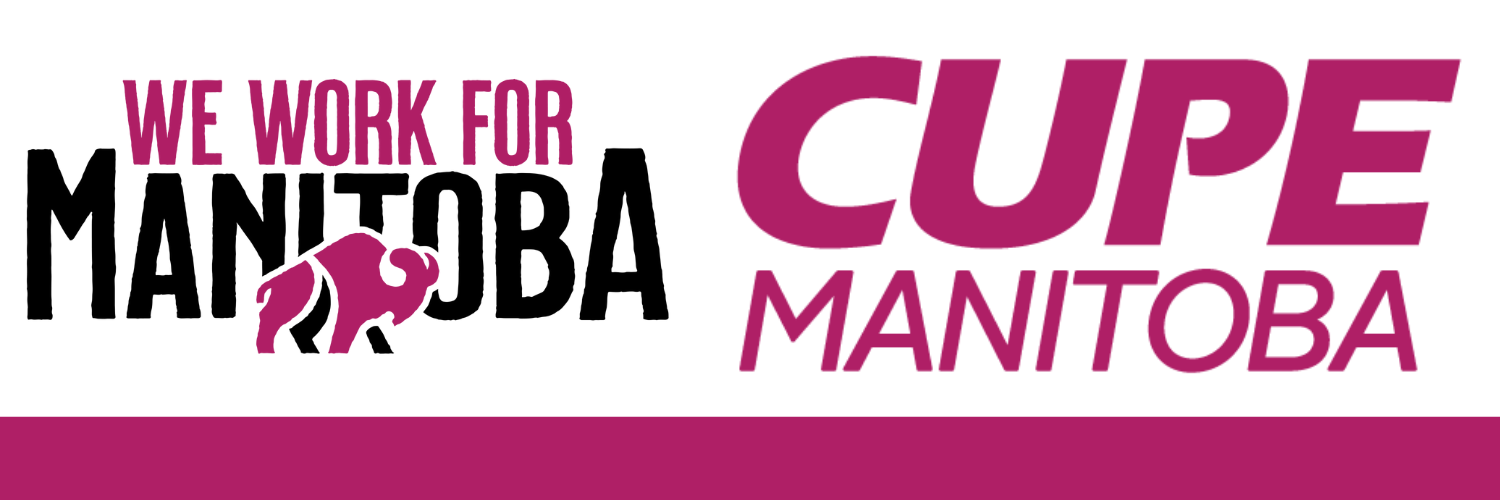The Manitoba Government’s 2015 provincial budget was released on April 30th, and reflects the NDP’s commitment to working families across the province.
“Our NDP government is a strong steward of the economy” says Kelly Moist, President of CUPE Manitoba. “Manitobans want government to invest in core services and infrastructure, and that is exactly what this government is doing”.
The provincial budget is the implementation of the government’s vision for the next year, as well as commitments to long-term and short-term investments.
“Being part of a national union, CUPE members in Manitoba know that other governments have recently implemented deep cuts to government services which particularly impact society’s most vulnerable people” said Moist. “The Manitoba NDP has committed to supporting the services that Manitobans rely on”.
Of particular note are the unprecedented investments in infrastructure that will create jobs, stimulate the economy, raise wages across the province, improve road safety, protect Manitobans against floods, and improve other aspects of our provincial infrastructure.
The budget announced continued investments in childcare spaces in Manitoba, significant funding increases for acute health care and long-term care, as well as increased funding to education and post-secondary education.
The province made good on a commitment to eliminate interest on Manitoba student loans, making post-secondary education more accessible, and once again increases the minimum wage.
Additionally, the province has acted on recommendations from the Canadian Centre for Policy Alternatives’ “View from Here”, endorsed by CUPE Manitoba, enhancing Rent Assist by $22 million to move it to 75% of median market rent.
“We are pleased that this government chooses to invest in the community, from infrastructure to childcare” said Moist. “This government understands the value of a diverse economy that supports families as well as economic growth”.
CUPE Manitoba represents approximately 25,000 public sector workers in health care, municipalities, school divisions, energy, airlines, social services and childcare, post-secondary education, and more.

